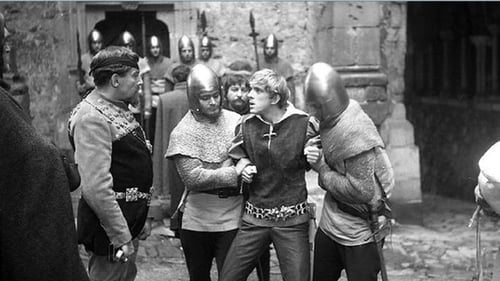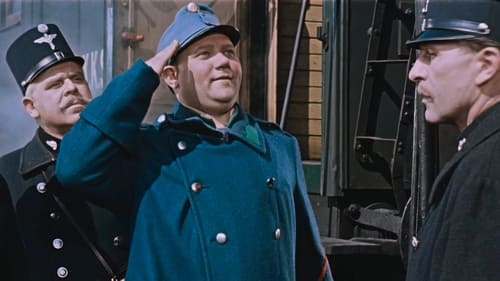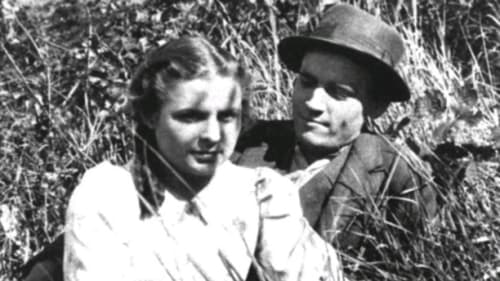
Administrátor
Sátira política y social checoslovaca surrealista que utiliza como trasfondo el viaje de Lemuel Gulliver a los países de Balnibari y Laputa, con una atmósfera que es en parte Kafka y en parte Carroll.
Lemuel Gulliver (Lubomír Kostelka) ha tenido un accidente automovilístico y continúa su viaje a pie por el campo desconocido. En el camino encuentra un conejo muerto vestido de hombre y saca un reloj del bolsillo del pecho de su chaleco. La casa medio en ruinas en la que entra le recuerda a Lemuel su infancia y le trae un recuerdo doloroso de una niña muy querida, Markéta, que se ahogó hace años. Gulliver se encuentra en Balnibarbi, un país donde no entiende las leyes y los hábitos y por lo tanto continuamente ofende la decencia pública. Es un día en el que se ordena a las personas que mantengan la boca cerrada y obligan a su visitante a hacer lo mismo. Se enfrenta a un duro interrogatorio y le resulta difícil explicar que él no es el conejo Oscar cuyo reloj se ha encontrado en su poder.

The young Prince Charles (Jaromír Hanzlík), the future King of his country Charles IV, is being educated at the French court in the company of his fiancée Blanche (Daniela Kolárová). One day he receives a summons from his father John of Luxembourg (Milos Kopecký) in Italy. He leaves for Italy accompanied by a deputation from Bohemia. On the way the prince's company fights a battle with armed Milanese against heavy odds. Thanks to Charles's perspicacity, the prince's almost naked soldiers win through. In Lucca in Italy Charles joins his father, and here he experiences an amorous adventure and escapes from the traps laid by the Italian rebels.

A successful art historian who has trouble telling people difficult truths, finds himself in an inescapable situation when a small lie quickly gets out of hand.


Officer
A comedy based on the novel of Jaroslav Hašek's The Good Soldier Svejk happens during the World War I. I Dutifully Report: In the introduction to the second part of the film adaptation of Hašek's novel The Good Soldier Švějk presents his main character Josef Švejk. With the distinctive traditional Czech cartoon character of a soldier Svejk, this time you meet on the way to the front and eventually right in the firing line. You can look at his famous train events, and also probably the most famous episode of the novel, Švejk's Budějovice anabasis. Don't miss the scene with the secretly bought cognac, the episode with Svejk as a fake Russian prisoner of war, including the court scene, and the scene in which lieutenant Dub is caught in a brothel. Despite the criticism, Steklý's adaptation is undoubtedly the most famous and memorable at present.

Based on book by Svatopluk Turek.

miner

Director

Commissar
The movie describes proletarian life in the Czech Lands after World War I.

American official at the UN
Based on a true story

Jiří

důstojník
Year of the Revolution 1848

Five crime stories connected by the narration of police superintendent Bartosek.

Master armourer Tomás has young wife Alena, of whom he is very jealous. One day the ruler of town sees Alena and decides to win her over for himself. To get a free hand for his love affairs, he sends Master Tomás to acquire more skills in Flanders. Jealous husband does not know how to secure fidelity of his beautiful wife while he is away, and finally accepts aid of the devil, to whom he signs his soul as a reward. Devil in the disguise of Master Ondrej works in Tomás's workshop and protects Alena against various courtiers and the ruler of town. But finally he falls in love with Alena himself and becomes her lover.

In late 19th century Czech-speaking Bohemia, oppressed workers at German-owned mines and foundries revolt against their harsh working conditions. Made shortly after World War II as Czechoslovakia was falling to communism, the film resonates in Czech resentment of the German occupation.




